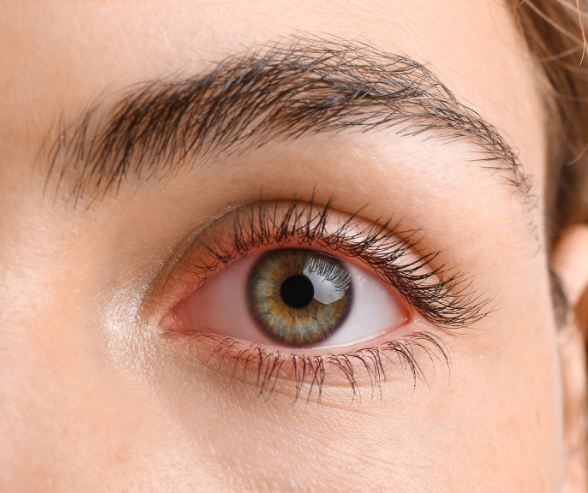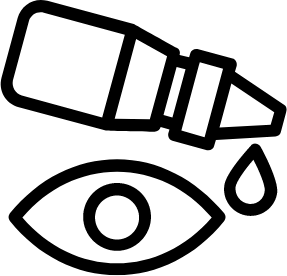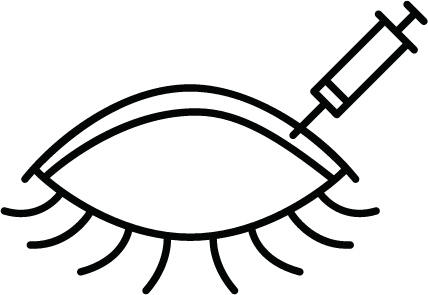What is Uveitis?
Uveitis is a common term to use to describe any inflammation inside the eye. It is an infection of the middle surface of the eye, which contains much of the eye’s blood vessels. Although the exact cause may often be unknown, they are usually caused by infections, injuries, toxins, autoimmune issues.

Symptoms and signs of uveitis may include
- Eye redness
- Blurred vision
- Eye pain
- Abnormal sensitivity to light
- Floaters
- Headaches
- A small pupil
Types of uveitis and some of the conditions we treat
- Anterior uveitis: Also known as iritis, affects inside of the front of your eye
- Intermediate uveitis: inflammation of the vitreous humour, jelly-like part of the eye
- Posterior uveitis: inflammation of the back of the eye, retina and choroid
- Pan-uveitis: inflammation of all layers, from the front to the back of your eye
Treatment and Care

Medicated eye drops
- Depending on how much your eyes are inflamed, doctor may prescribe steroid drops.

Pills
- To reduce inflammation, steroids and anti-inflammatory drugs may be prescribed.

Injections
- Your eye doctor may inject steroid medications into or around the eye e.g., (Xipere) or administer systemic medications (Humira).
Uveitis Clinical trial
Uveitis clinical trials are dedicated to finding a cure for under-diagnosed and under-recognized ocular conditions that are caused by inflammation. > Click here to learn more
Request an appointment with an ophthalmology specialist
